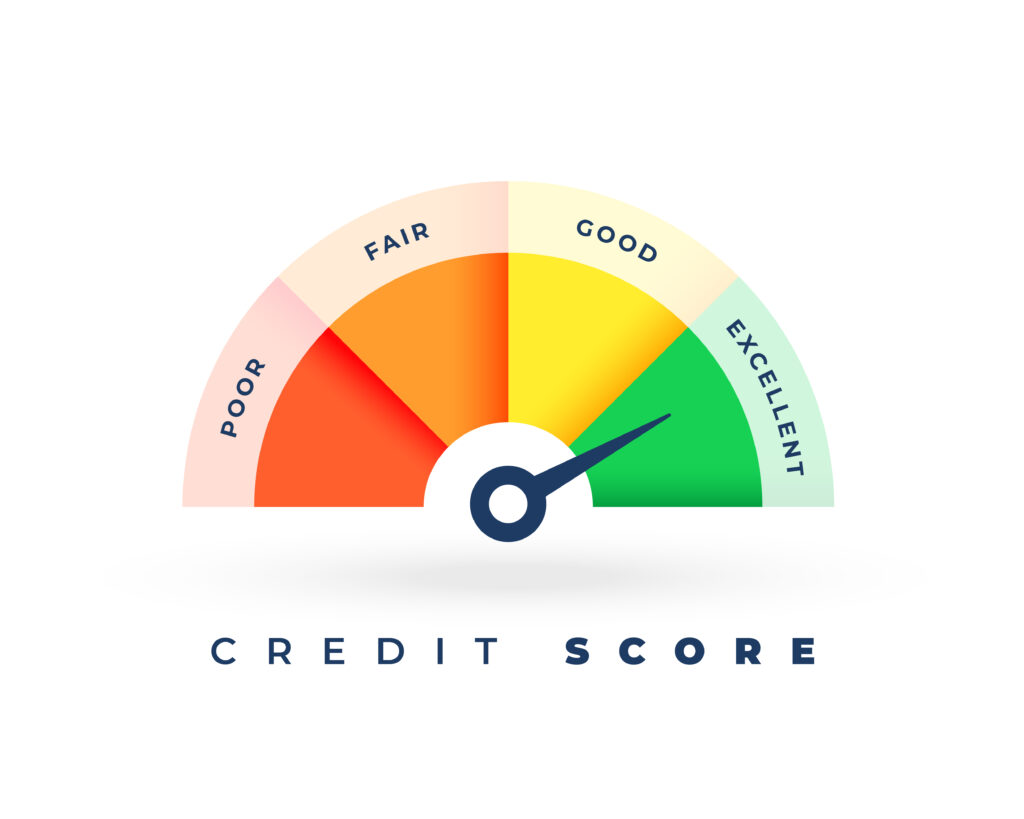Physical Address
304 North Cardinal St.
Dorchester Center, MA 02124
Physical Address
304 North Cardinal St.
Dorchester Center, MA 02124

Your credit score plays a crucial role in your financial life — from getting approved for loans and credit cards to determining your interest rates, and even influencing job or rental approvals in some cases.
But with so much misinformation floating around, it’s easy to believe things that just aren’t true. In this post, we’ll break down common credit score myths and uncover what actually affects your score — so you can take control with confidence.
A credit score is a 3-digit number (typically between 300–900 in India) that reflects your creditworthiness. It’s calculated by credit bureaus like CIBIL, Experian, Equifax, and CRIF High Mark based on your credit history.
Higher score = better credit risk.
❌ False
Many people avoid checking their credit score because they think it will harm it. This is untrue.
🔍 Fact: When you check your score (called a soft inquiry), it has no impact. Only when lenders check it for a loan or credit application (hard inquiry) can it slightly affect your score.
Tip: Use free tools like CIBIL, OneScore, or CreditMantri to check your score monthly — it’s safe and smart.
❌ False
Some believe that leaving a small unpaid balance on your credit card helps build your score. It doesn’t.
💳 Fact: You improve your score by paying in full and on time — not by carrying debt. Carrying a balance only means you’re paying unnecessary interest.
Best practice: Use your card, keep the usage below 30% of your limit, and pay in full before the due date.
❌ False
While your income may determine how much you can borrow, it has no direct impact on your credit score.
💼 Fact: Your score is based on how you manage credit, not how much you earn.
That said, lenders may ask for income proof to assess your repayment ability — but that’s separate from the score calculation.
❌ False — Often harmful
Many believe closing an unused credit card is good for your score. In reality, it can hurt your score, especially if it’s a long-standing account.
🕒 Fact: The age of your credit accounts contributes to your score. Older accounts build credit history, which lenders like to see.
Also, closing a card reduces your total credit limit, which can increase your credit utilization ratio (bad for your score).
Tip: If the card has no annual fee, consider keeping it open and using it occasionally.
❌ False
Even a single late payment can significantly lower your score — and it can stay on your credit report for up to 7 years.
📅 Fact: Payment history is the most important factor in your score (about 30–35%).
Tip: Set reminders, use auto-pay, and never miss EMIs or due dates. Consistency is key.
Here’s a quick breakdown of real credit score factors:
| Factor | Impact on Score |
|---|---|
| Payment history | ✅ High |
| Credit utilization ratio | ✅ High |
| Credit mix (loan types) | ✅ Moderate |
| Credit age (history) | ✅ Moderate |
| New credit inquiries | ✅ Low–Medium |
Let’s explore a few:
Don’t let myths guide your financial decisions. Your credit score is too important for that. By understanding what actually affects your score and avoiding common misconceptions, you can take control of your financial future — with confidence.